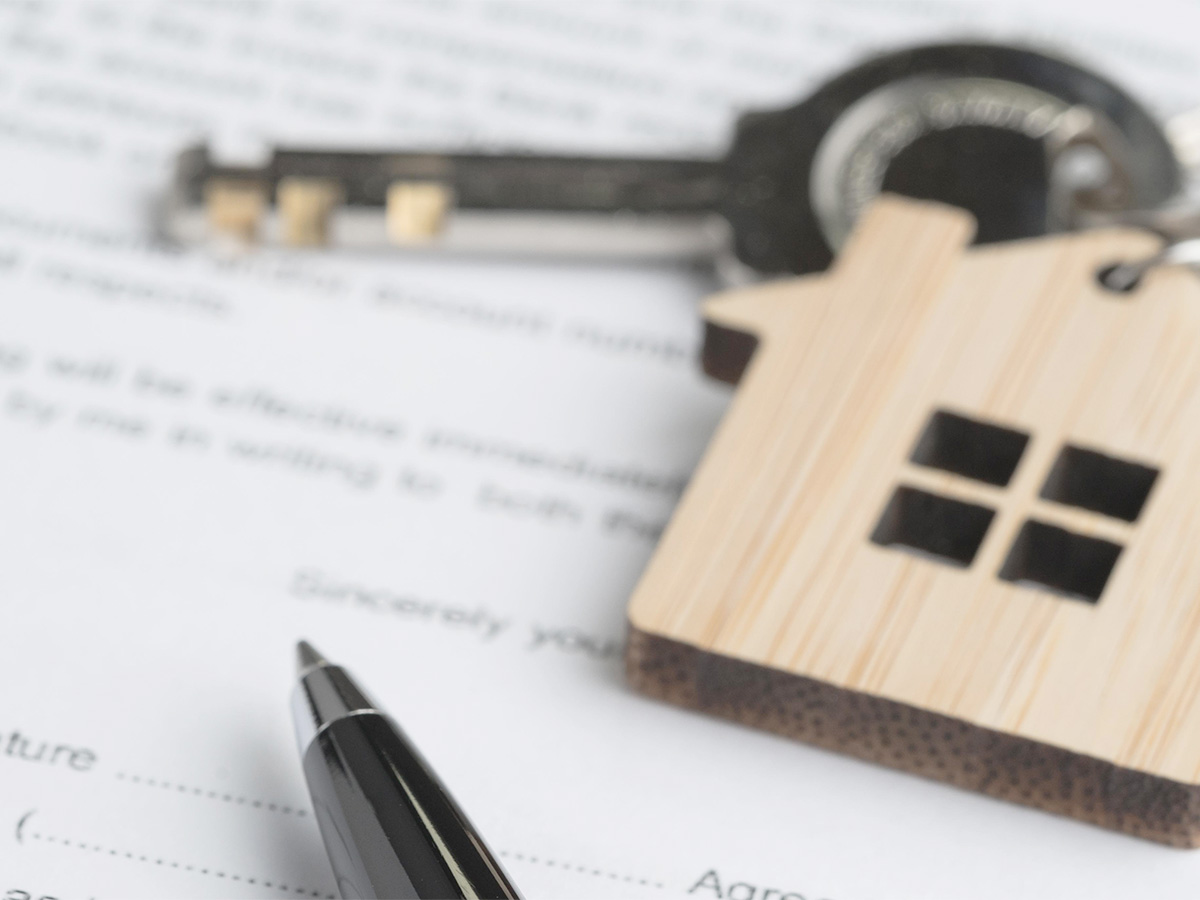
Welcome Bailey Robbins

Welcome Peter Dysart
We wrote last month with an update regarding the July 31, 2021, expiration of the Centers for Disease Control eviction moratorium as part of our blog series on the pandemic-related eviction restrictions in New Hampshire. Two days later, we wrote again to report that President Biden ordered the reinstatement of a federal ban on evictions for non-payment of rent in all counties in America “experiencing substantial or high levels of community transmission” of COVID-19. Within a short time, that effectively brought back the eviction moratorium for all of New Hampshire and most of the country.
We noted in our earlier post that the White House allowed the CDC moratorium to lapse because the Supreme Court recently had signaled that it would strike down the CDC eviction ban. Then, changing course, the White House brought back the eviction moratorium. The Supreme Court, three weeks later, has now made good on its promise and invalidated the moratorium.
The Supreme Court agreed with the Alabama Association of Realtors (along with other plaintiffs) that the CDC acted beyond its statutory authority by imposing a national moratorium on evictions. The CDC had contended that it possessed “broad authority to take whatever measures it deem[ed] necessary to control the spread of COVID-19, including issuing the moratorium.” “But the [statutory] grant of authority” the CDC possessed, e.g., “inspection, fumigation, disinfection, sanitation, pest extermination, and destruction of contaminated animals and articles,” the Court observed, only “relate[s] to preventing . . . the disease itself.”
“It strains credulity,” the Court’s unsigned opinion states, “to believe that this statute grants the CDC the sweeping authority that it asserts”:
It is hard to see what measures this interpretation would place outside the CDC’s reach, and the Government has identified no limit in [the statute] beyond the requirement that the CDC deem a measure “necessary.” Could the CDC, for example, mandate free grocery delivery to the homes of the sick or vulnerable? Require manufacturers to provide free computers to enable people to work from home? Order telecommunications companies to provide free high-speed Internet service to facilitate remote work?
Although we may not see another federal-level eviction moratorium without congressional approval, renters may still avoid eviction by paying what is owed, possibly with the help of government-provided emergency rent relief. As of the end of July, according to the Treasury Department, only $5.1 billion of $46 billion in emergency rent relief money had been distributed. Resources remain available in New Hampshire for tenants who require assistance with past-due and future rent payments. The New Hampshire Emergency Rental Assistance Program (NHERAP) provides assistance to eligible residents who cannot pay their rent or utilities due to the economic impact of the COVID-19 pandemic. With a tenant’s permission, a landlord can assist a tenant with the application for rent assistance.
If you have a tenant who is refusing to make current or previous rent payments and has claimed protection under the now-invalidated CDC eviction moratorium, our attorneys stand ready to help you protect what the Supreme Court described as “one of the most fundamental elements of property ownership—the right to exclude.”




